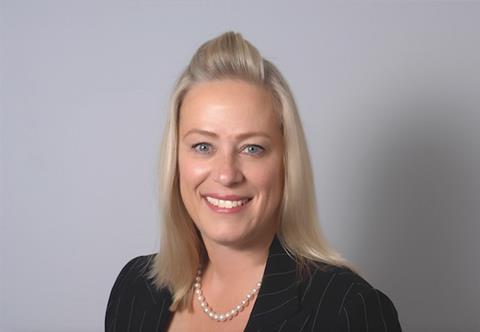
Pensions are not the whole story of the UK’s workplace benefits offering, but they are still a major player. Half of respondents have more than 90% of their workforce as active members of their primary pension scheme. And with 68% of organisations contributing 3% or more and 26% contributing between 6% and 10%, pensions are also a significant benefits cost. So how are employers ensuring that they get a return on that investment and how are they supporting their employees to make the most of this significant and valuable benefit?
There has been a lot more talking, with 73% of respondents carrying out pension communications exercises in the last 12 months, 80% of which have been to all staff, not just those in a defined contribution (DC) scheme or those opting out of auto-enrolment.
While the pension freedoms have driven the most significant change in pensions in a century, and many pension, reward and HR professionals can attest to the pain this has caused, there are many good news stories. Almost 40% of respondents feel the pension freedoms have caused staff to become more engaged with their pension, with 22% believing that staff are now better prepared for retirement, 18% having increased the amount they are saving and 18% now planning ahead for retirement, which is a fantastic result at this early stage. And to cap that, almost a third of staff now recognise the value in their pension, so aiding staff acquisition and retention, and increasing engagement.
However, with the increasing prominence of DC pensions, the impact has not only been felt by individual employees but organisations too, as they make changes to the support they provide to their staff. Over a fifth have introduced financial education to all staff to help them understand the pension reforms, more than double the number than in 2014. A further 17% have introduced financial education for those approaching retirement, recognising the significant risks at this stage and the staff who are in danger of potentially making poor and irrevocable decisions.
However, it is worrying that despite financial education being one of the fastest-growing benefits, there are still 21% of respondents with no plans to introduce it and a further 31% who are still only thinking about it. So over half of respondents are not yet delivering any support to staff to unlock the value in their benefits offering.
Another significant trend is the increase in the provision of one-to-one financial advice in the workplace. More than a third (38%) of respondents arrange one-to-one advice for those approaching retirement and a further 11% arrange advice for those staff impacted by annual and lifetime pension allowance issues. This is a 200% increase in the last two years and illustrates that with the increased complexity of pensions, tax and investment, financial education is essential for all, but some staff will also need one-to-one advice. Respondents are not only arranging workplace advice, they are also paying or part paying the cost with a third offering this to all staff and 67% providing it to senior staff.
While we are living in a digital age, when it comes to something as important as a pension and planning for retirement, digital support is not king. Most people learn and engage better face to face and this is reflected in the type of financial education support that respondents provide to their staff. Almost seven out of 10 companies use face-to-face seminars to deliver financial education, compared to 37% using their organisation's intranet sites. Seminars are bucking the digital trend with a 33% increase since 2015, compared to a slight reduction in respondents using online technology over the same period.
Looking ahead to what we might expect in the next 12 months, it is interesting to note that only 7% of respondents intend to offer a Lifetime individual savings account (Lisa) to staff, a third definitely will not and 41% are as yet undecided. However, respondents do think we are in for some changes when Lisas are introduced, with 82% believing Lisas will have an impact on staff and 64% believing these will reduce pension contributions.
Whatever the case, it is certain that staff will need more guidance than ever to make the most of their money and to be better informed about the risks to their future financial security of swapping pension contributions for Lisa savings.
Jeanette Makings is head of financial education at Close Brothers Asset Management
















